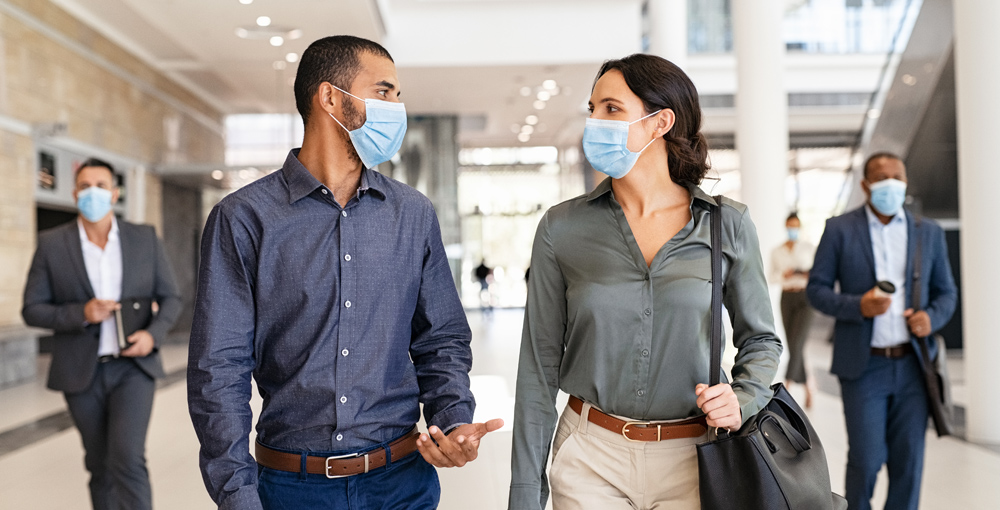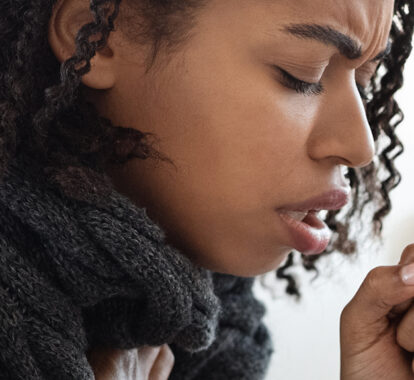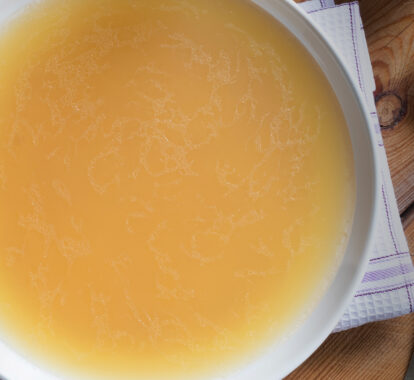Recovering from COVID: When should you get the vaccine or booster shot?
January 31, 2022

While COVID-19 continues to surge and positivity rates are breaking records across San Antonio and surrounding areas, many people have been infected with the virus and are wondering when or if they should get a booster shot.
“Studies show getting vaccinated and getting a booster shot are the best protection against severe illness from COVID-19,” said Texas MedClinic Chief Operating Officer and practicing physician Dr. David Gude. “Natural immunity and vaccination provide an even stronger defense against the virus.”
Getting sick with COVID-19 offers some protection from future illness with COVID-19, sometimes called “natural immunity.” The level of protection people get from having COVID-19 may vary depending on how mild or severe their illness was, the time since their infection, and their age.
When should you get or complete a primary series of vaccine if you have recovered from COVID-19?
CDC recommends vaccination as soon as a person has recovered from COVID-19. Everyone 5 years and older who has recovered from COVID-19 and have met criteria to discontinue isolation can be vaccinated.
Emerging evidence shows that getting a COVID-19 vaccine after you recover from COVID-19 infection provides added protection to your immune system. One study showed that, for people who already had COVID-19, those who do not get vaccinated after their recovery are more than 2 times as likely to get COVID-19 again than those who get fully vaccinated after their recovery.
When should you get a booster shot if you are fully vaccinated and have recovered from the COVID-19?
Vaccinated people 12 years of age and older who have recovered from COVID-19 can receive a booster dose if it has been at least five months from the second Pfizer or Moderna mRNA vaccine dose or 2 months after receiving the J&J vaccine.
Consistent with advice for people wanting a vaccine, those with a current SARS-CoV-2 infection should defer a booster at least until they have recovered from the acute illness (if they had symptoms) and have met criteria to discontinue isolation.
“Right now, there is insufficient information for the CDC to recommend the timing of boosters,” said Texas MedClinic Chief Operating Officer and practicing physician Dr. David Gude. “While you can get a booster any time after you have recovered, there may not be a need to rush, as a COVID-19 infection conveys natural immunity for at least 90 days post infection.”
While determining timing of a booster is a personal decision that should be discussed with a health care professional, experts recommend those at high risk for severe COVID-19 should consult their physician to determine best timing.
When should you get a vaccination or booster if you have received passive antibody therapy or monoclonal antibodies as part of COVID-19 treatment?
People who have received monoclonal antibodies should defer vaccination or boosters for at least 90 days after receipt of treatment. This recommendation applies to people who receive passive antibody therapy before receiving any COVID-19 vaccine dose and between doses.




